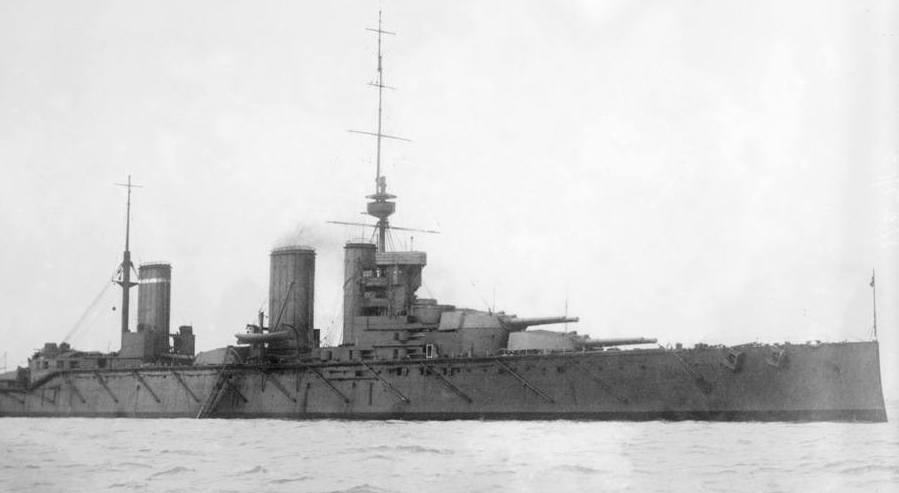


Contrary to the Admiralty's instructions for avoiding U-boats, the Lusitania was sailing at less than top speed, in a straight line, and close to shore, rather than zigzagging in the open water where she could pick up speed. Due to fog, Captain William Turner was forced to slow the Lusitania down. On the afternoon of May 7, the Lusitania approached the southern coast of Ireland, without a naval escort, where German U-boats were known to be active and had recently sunk three ships. Although some of the passengers and crew were alarmed by the warning, they set sail anyway, perhaps believing that the Lusitania's speed would keep them safe. German submarines had vowed to fire on any ship flying a British flag and had already sunk several British merchant ships. Britain and Germany were at war and the Lusitania was sailing into waters that had been declared a war zone. On the day of her launch, the Imperial German Embassy published a notice in American newspapers warning travelers of the grave danger of sailing on the Lusitania. Thus on May 1, 1915, in the middle of World War I, she left New York and set sail across the Atlantic for Liverpool, England, carrying both passengers and war munitions for the Admiralty. Funded by the British Admiralty, she was launched in 1906 with the understanding that she could be used as an auxiliary cruiser for the Royal Navy during times of war. The Lusitania was a British ocean liner operated by the Cunard Lines and was one of the largest and fastest passenger ships in the world, at 787 feet long with nine passenger decks and an average speed of 25 knots. It also proved to be a powerful propaganda tool for turning American public opinion against Germany and in support of joining the war. The attack on the Lusitania, a passenger ship with civilians on board, by a military submarine signaled the end of the more "civilized" warfare of the 19th century. The American public and Congress, however, were divided as to whether or not the U.S. While Europe was already embroiled in World War I, America was still a neutral country and hadn't yet officially entered the war, although a number of American men and women had joined the war effort through volunteer organizations or by enlisting in the Allied armed forces. One hundred years ago on May 7, 1915, the Lusitania was sunk by a German U-boat off the southern coast of Ireland, killing 1,195 of the men, women, and children on board.


 0 kommentar(er)
0 kommentar(er)
